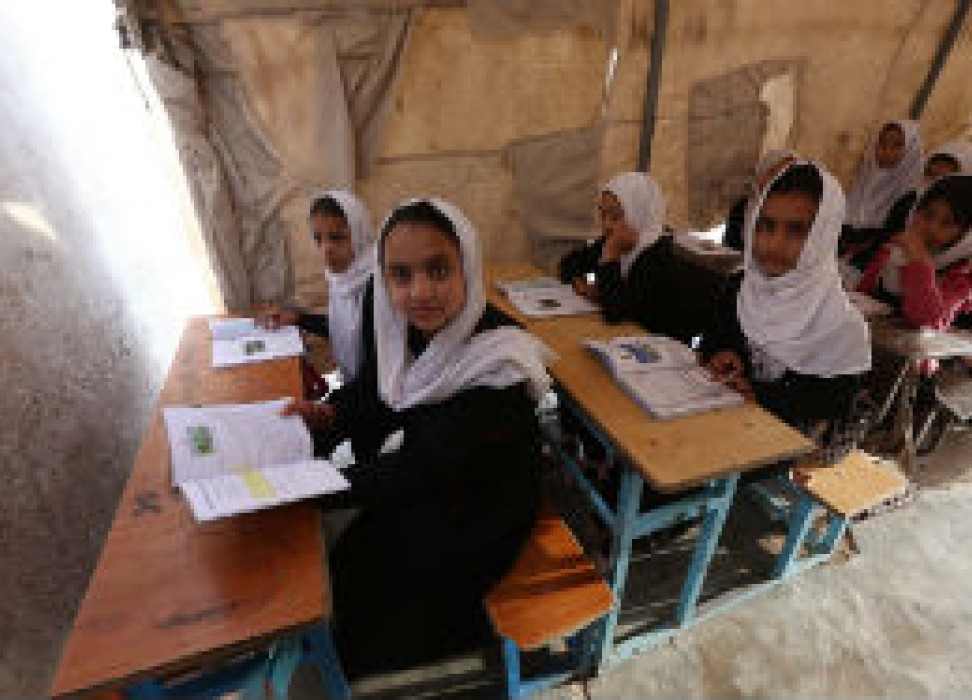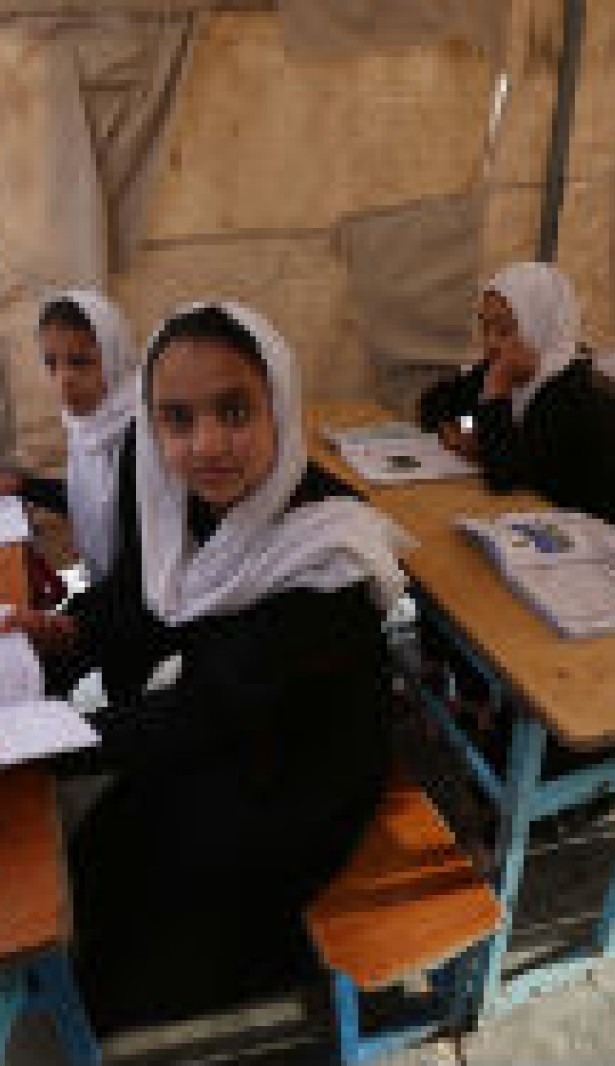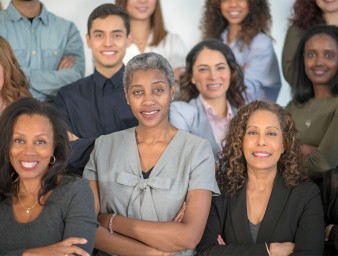Girls’ education key to eliminating discrimination
22 June 2015

It is known that educating girls brings benefits not just to the girls themselves, but to the communities they belong to, said UN High Commissioner for Human Rights, Zeid Ra’ad Al Hussein.
Information from the Statistics on Women study of 174 States, showed that the best predictor of a country’s peacefulness as not its wealth, nor political structure nor its ethnic or religious make up. It was the well-being and education of women and girls that was the best indicator.
“In addition to academic achievements, education must equip students with the tools to critically analyse and challenge rigid gender roles that limit choices and perpetuate women’s subordination,” he said.
The High Commissioner spoke as part of a panel discussion on “realizing the equal enjoyment of the right to education by every girl.” The discussion was part of the 23rd session of the Human Rights Council, taking place in Geneva.
One way governments can tangibly make sure that girls have access to education is by putting girl’s voices and experiences in education programmes, said Hannah Godefa, a 17-year-old UNICEF Goodwill Ambassador for Ethiopia.
“The goal should be for a wide variety of girls to have a strong input in the decision-making that will affect their everyday lives at every level, not simply be integrated,” she said. “The ideas must come from the youth and then be implemented at the state level."
Adama Coulibaly, Regional Director for Plan International West Africa, related a personal story about how attitudes keep girls out of school. Coulibaly and his sister lived in Mali during the time of a great famine. Both were attending school. But when she was 10, his sister was taken out of school. Coulibaly later learned it was so that she could assist his mother in the house. He was allowed to remain in school. His sister was married at 16 and now lives in poverty in a remote village in Côte d’Ivoire. He now supports projects like Plan’s “Because I am a girl” campaign, which works to ensure girls are able to ensure their education, even in emergencies.
“Emergencies disproportionately impact children, and have detrimental side effects on their education,” he said. “Some children never return to school, like my sister. But there are opportunities to rebuild more resilient communities and change norms and behaviours that block girls’ education.”
For women and girls to truly experience rights through education, States need to guarantee their safety in schools, said Barbara Bailey, Vice-Chair of the Committee on the Elimination of Discrimination against Women. Early marriage and teenage pregnancies are also significant factors affecting girls’ dropout rates. She further highlighted the transformative potential of education to disrupt dominant gender power relations, but posited that this potential is as of yet unrealized and that this is “not as seamless a process as is assumed.”
Zeid insisted on the elimination of discrimination in wider society, calling it a disservice to young women and a waste of vital talents.
“In cultures that value obedience above all, women are usually required to be the most obedient of all. But human progress, innovation and development do not come from societies that impose submission. They spring from self-expression, free exchanges of ideas, the flash of criticism and the clang of argument. And in all those elements, women must play a central role. No society can realise its potential for progress if it holds half its people back.”
22 June 2015




